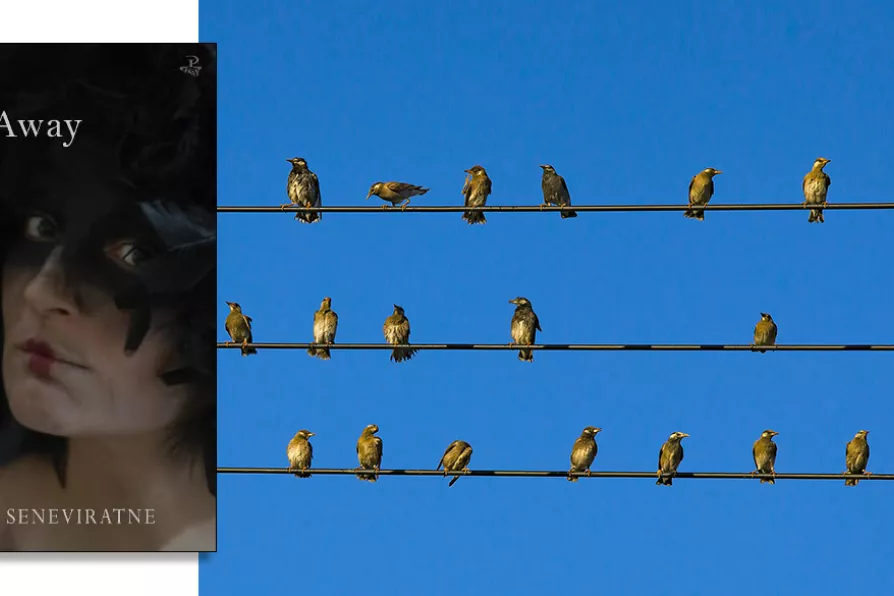MARIA DUARTE reviews Desperate Journey, Blue Moon, Pillion, and Wake Up Dead Man: A Knives Out Mystery
Birdy
CHRIS SEARLE takes wing with Leeds-born poet of mixed Sri Lankan and English heritage, Seni Seneviratne

 White-cheeked Starlings perching on power cables
[Laitche/CC]
White-cheeked Starlings perching on power cables
[Laitche/CC]
THE GO-AWAY BIRD: Poems by Seni Seneviratne
Peepal Tree Press, £9.99
MANY poets — and revolutionaries too, from Shelley to Rosenberg to the Palestinian laureate, Mahmoud Darwish — have invoked images of birds as freedom flyers and refugees from the human world on the ground of injustice and stranglehold. But few, like John Clare with his feathery wordplay and simple brilliance, have used their empathy to become the very birds they describe.
The Leeds-born poet of mixed Sri Lankan and English heritage, Seni Seneviratne, does exactly this in her collection The Go-Away Bird.
Similar stories

FIONA O'CONNOR recommends a biography that is a beautiful achievement and could stand as a manifesto for the power of subtlety in art

A pamphlet by British Latinx poet Patrick Romero McCafferty, poetry by Anglo-Argentinian Miguel Cullen, and a book of conjuring poems by Mexican Pedro Serrano

LEO BOIX reviews Cuban poet Carlos Pintado; Mexican poet Diana Garza Islas; Mexican American writer and critic Rigoberto Gonzalez; and Brazilian poet Haroldo de Campos

REBECCA LOWE admires a complex, multi-layered working-class novel whose heart is the writer's self-discovery as a poet










